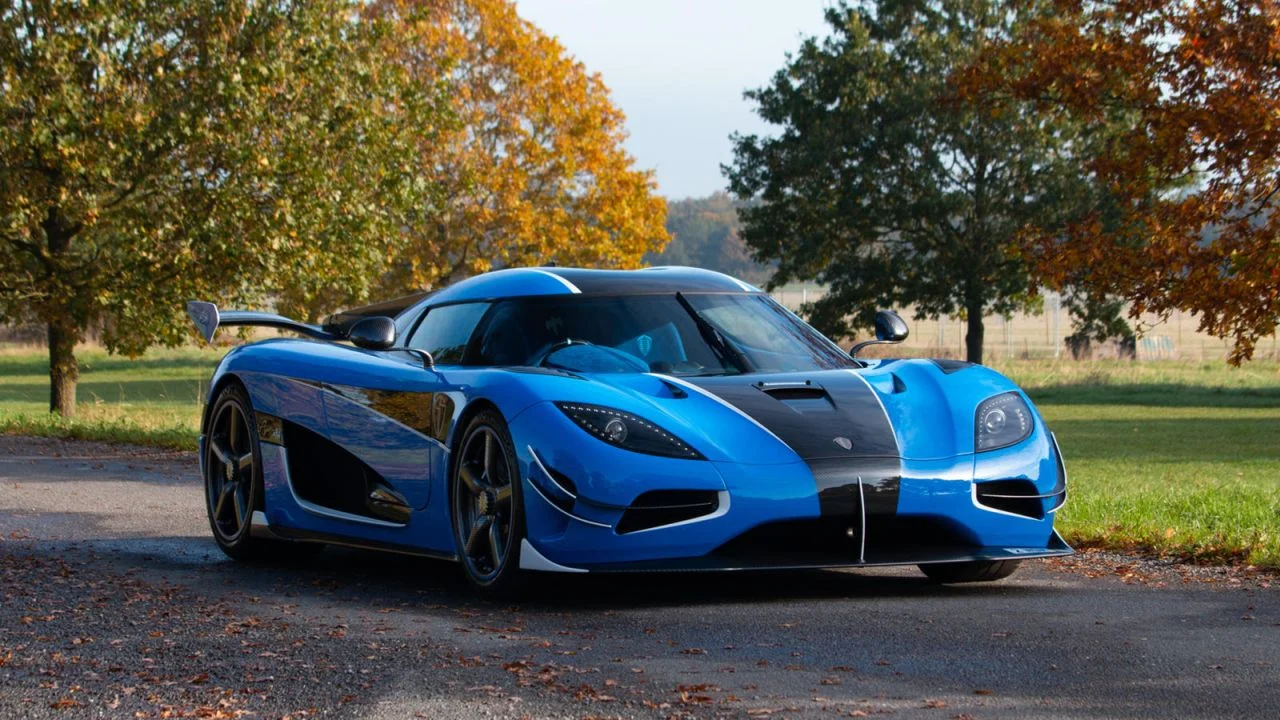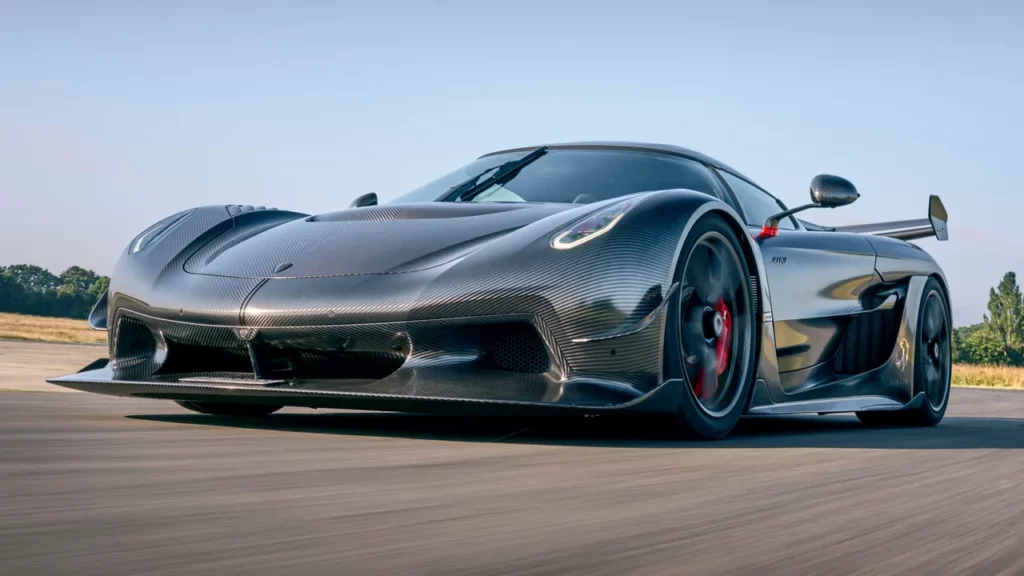
Koenigsegg, the Swedish hypercar manufacturer renowned for pushing the boundaries of automotive performance and design, continues to enjoy unmatched global admiration. Its cars break records, turn heads, and are frequent showpieces at prestigious auto expos and in high-octane media. However, despite this enviable visibility, Koenigsegg’s actual sales figures remain surprisingly low — a paradox that highlights the unique challenges of the ultra-luxury automotive segment.
Engineering Marvels That Command Attention
Founded by Christian von Koenigsegg, the brand has made a name for itself as one of the most innovative players in the world of high-performance vehicles. Models like the Jesko, Regera, and Gemera showcase groundbreaking engineering with features such as hybrid powertrains, record-setting top speeds, and proprietary technologies like the Freevalve engine system.
These cars frequently dominate headlines and social media feeds, praised by automotive enthusiasts and experts alike. Koenigsegg’s ability to merge extreme performance with artful design has turned it into a symbol of futuristic luxury and technical brilliance.
Yet, this global visibility doesn’t reflect proportionally in actual sales, especially when compared to other exotic car brands like Ferrari, Lamborghini, or Bugatti.

The Exclusivity Dilemma
One of the primary reasons for Koenigsegg’s low sales is deliberate exclusivity. The company produces only a handful of vehicles each year — often in the dozens rather than hundreds — to maintain brand prestige and exclusivity. This business model is not aimed at mass production or mainstream luxury markets but rather caters to an elite clientele seeking something truly unique.
While this limited production strategy enhances the brand’s mystique and collectability, it also naturally caps its commercial reach. Even among high-net-worth individuals, owning a Koenigsegg remains more about access and connection than just financial capacity.
Price Tag and Market Limitations
Koenigsegg cars come with eye-watering price tags that start in the multi-million-dollar range. These vehicles are not just hypercars — they’re engineering experiments on wheels, often customized to the buyer’s specifications. The cost, complexity, and production lead times make them inaccessible to most of even the ultra-luxury car market.
Additionally, Koenigsegg operates in very few markets, with limited dealerships and service networks globally. In regions like Asia, the Middle East, and parts of North America, brand awareness is strong, but the logistical and regulatory challenges of importing and maintaining a Koenigsegg vehicle further restrict purchase decisions.
Hypercar Segment Saturation
The hypercar segment has become increasingly crowded in recent years, with brands like Pagani, Rimac, and even mainstream luxury manufacturers launching their own high-performance, limited-edition models. This competition means that even the most innovative designs can struggle to stand out in a niche that’s already saturated with speed, luxury, and exclusivity.
While Koenigsegg continues to hold its own through innovation and design, the fragmentation of attention across multiple hypercar brands further affects its ability to convert visibility into sales.
Future Path: Technology Licensing and Diversification
Interestingly, Koenigsegg’s future may not rest entirely on selling more cars. The brand has already begun exploring technology licensing opportunities. Its innovations in powertrain development, hybrid integration, and engine design have attracted interest from larger automakers looking to enhance their own offerings.
By shifting part of its business model toward B2B technology solutions, Koenigsegg may continue to thrive without needing to expand its production volumes or drastically increase sales figures.
Conclusion
Koenigsegg stands as a beacon of innovation in the automotive world, with unmatched brand visibility and a cult-like following. However, its sales numbers remain intentionally low — a reflection of its ultra-exclusive market positioning, sky-high prices, and production philosophy. While this approach limits commercial scale, it reinforces the brand’s identity as a creator of rare, boundary-pushing machines. In a world of mass appeal, Koenigsegg continues to stand apart — admired from afar, owned by a select few.

Leave a Reply